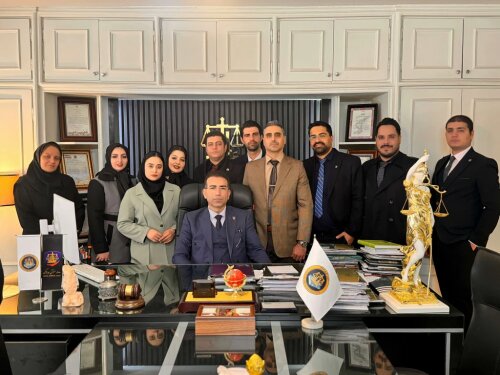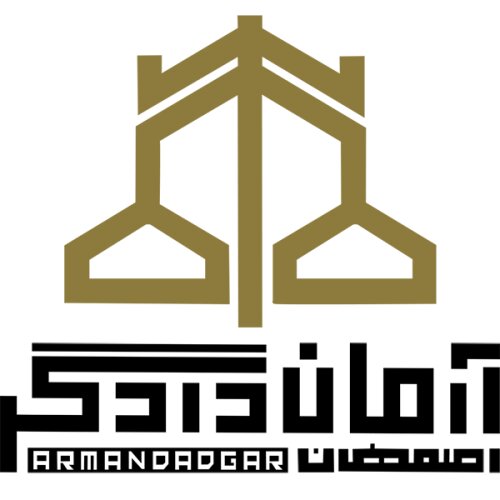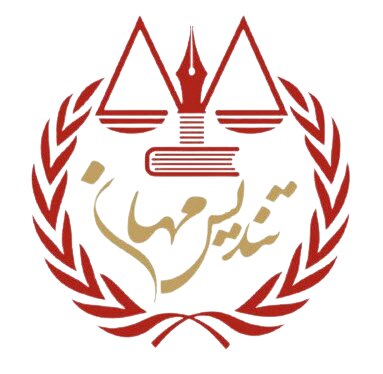Best Sanctions & Export Controls Lawyers in Iran
Share your needs with us, get contacted by law firms.
Free. Takes 2 min.
Or refine your search by selecting a city:
List of the best lawyers in Iran
About Sanctions & Export Controls Law in Iran
Sanctions and export controls in Iran are primarily influenced by both international measures and domestic regulations. These laws control the trade of certain goods, services, and technologies in and out of Iran, often as a result of political or security considerations. Iran faces a complex array of international sanctions, notably from the United States, European Union, and United Nations, which impact various sectors including finance, energy, and technology. At the same time, Iranian authorities implement their own export control regulations to manage the import and export of strategic goods and to comply with international commitments. Navigating these overlapping requirements is challenging and demands up-to-date legal knowledge.
Why You May Need a Lawyer
Legal assistance in sanctions and export controls is essential due to the high stakes and complex nature of these laws. Common situations where individuals or businesses may require a lawyer include:
- Engaging in international trade that may intersect with restricted goods or technology
- Receiving or sending payments from or to foreign entities
- Operating in sectors under heavy sanctions, such as oil, banking, and technology
- Navigating the frozen assets or imposed trade restrictions by foreign governments
- Facing investigations or penalties for alleged sanctions violations
- Seeking clarification on whether specific transactions are permissible under the law
A specialized lawyer can help interpret complex regulations, facilitate compliance, respond to regulatory investigations, and provide guidance on mitigating legal risks.
Local Laws Overview
Iran's legal landscape for sanctions and export controls is shaped by domestic statutes, executive decrees, and regulations. The Iranian government has established its own export control regime, which restricts the export of goods that may have military or dual-use (civilian and military) applications. At the same time, Iranian laws must interact with and respond to international sanctions targeting the country.
Key aspects include:
- Regulations on strategic and dual-use goods: Export of items that might be used for military purposes is tightly controlled
- Currency controls: Regulations restrict the movement and exchange of foreign currencies to curb money laundering and sanctions evasion
- Banking and financial sector restrictions: Domestic regulations aim to shield Iranian banks from international penalties while facilitating essential transactions
- Customs enforcement: Iranian customs authorities strictly review imports and exports for compliance with national and international obligations
- Penalties and enforcement: Violations of export control or sanctions laws can result in fines, asset freezes, and even criminal prosecution
Frequently Asked Questions
What are the most common international sanctions affecting Iran?
The most prevalent sanctions come from the United States, European Union, and United Nations, targeting sectors such as oil, finance, shipping, and military goods.
Can individuals or companies in Iran conduct business with foreign partners?
Yes, but it is crucial to verify that such transactions do not violate any existing Iranian or international sanctions. Legal advice is recommended before proceeding.
Is it possible to export goods from Iran under current sanctions?
Some goods can be exported, especially if they are not on restricted lists. However, many strategic, dual-use, and sanctioned items cannot be legally exported.
What are the penalties for violating sanctions or export controls in Iran?
Penalties may include fines, confiscation of goods, loss of export privileges, asset freezes, and criminal charges depending on the severity of the violation.
Are personal remittances from abroad allowed under sanctions?
Generally, personal remittances are subject to less scrutiny than business payments, but they can still be impacted by financial restrictions. Consultation is advised to ensure compliance.
How do Iranian banks handle sanctions compliance?
Iranian banks implement internal controls to comply with both domestic regulations and mitigate risks from international restrictions, but access to international banking services remains limited.
Which goods typically require special export licenses?
Goods with potential military uses or sensitive technologies, such as advanced electronics, chemicals, or specialized machinery, usually require export licenses.
Can foreign companies sell technology to Iranian customers?
It depends on the origin and type of technology. Many high-tech sales are prohibited or require export control licenses from the exporting country.
Are there any exemptions or humanitarian exceptions to the sanctions?
Certain humanitarian goods, such as food, medicines, and medical devices, may be exempt from sanctions, but procedures and approvals are still often required.
How often do sanctions and export control laws change?
Sanctions regimes are fluid and can change frequently in response to developments in international relations. Staying updated through official channels and legal consultation is essential.
Additional Resources
Several organizations and governmental bodies provide guidance and support regarding sanctions and export controls in Iran, including:
- Iranian Ministry of Industry, Mine and Trade: Issues trade and export licenses and publishes regulations
- Iran Customs Administration: Handles import and export clearances and maintains a list of controlled goods
- Central Bank of Iran: Oversees banking regulations and foreign exchange controls
- International law firms with presence or affiliates in Iran: Offer specialized advice on cross-border compliance
- Relevant trade associations: Sometimes provide updates and information on regulatory changes
- United Nations and European Union websites: Offer information on international sanctions affecting Iran
Next Steps
If you require legal assistance regarding sanctions and export controls in Iran, consider the following steps:
- Identify your specific needs or concerns, such as a proposed transaction, compliance inquiry, or ongoing investigation
- Gather all relevant documents, including contracts, correspondence, and any official notifications you have received
- Consult an experienced lawyer specialized in sanctions and export controls, ideally with in-depth knowledge of both Iranian and international law
- Stay informed about regulatory updates from official sources and be proactive in compliance matters
- Be transparent and thorough in your communications to aid the legal process
Legal issues relating to sanctions and export controls can be complex and high risk. Professional advice is the best way to ensure compliance and minimize potential liability.
Lawzana helps you find the best lawyers and law firms in Iran through a curated and pre-screened list of qualified legal professionals. Our platform offers rankings and detailed profiles of attorneys and law firms, allowing you to compare based on practice areas, including Sanctions & Export Controls, experience, and client feedback.
Each profile includes a description of the firm's areas of practice, client reviews, team members and partners, year of establishment, spoken languages, office locations, contact information, social media presence, and any published articles or resources. Most firms on our platform speak English and are experienced in both local and international legal matters.
Get a quote from top-rated law firms in Iran — quickly, securely, and without unnecessary hassle.
Disclaimer:
The information provided on this page is for general informational purposes only and does not constitute legal advice. While we strive to ensure the accuracy and relevance of the content, legal information may change over time, and interpretations of the law can vary. You should always consult with a qualified legal professional for advice specific to your situation.
We disclaim all liability for actions taken or not taken based on the content of this page. If you believe any information is incorrect or outdated, please contact us, and we will review and update it where appropriate.
Browse sanctions & export controls law firms by city in Iran
Refine your search by selecting a city.

















